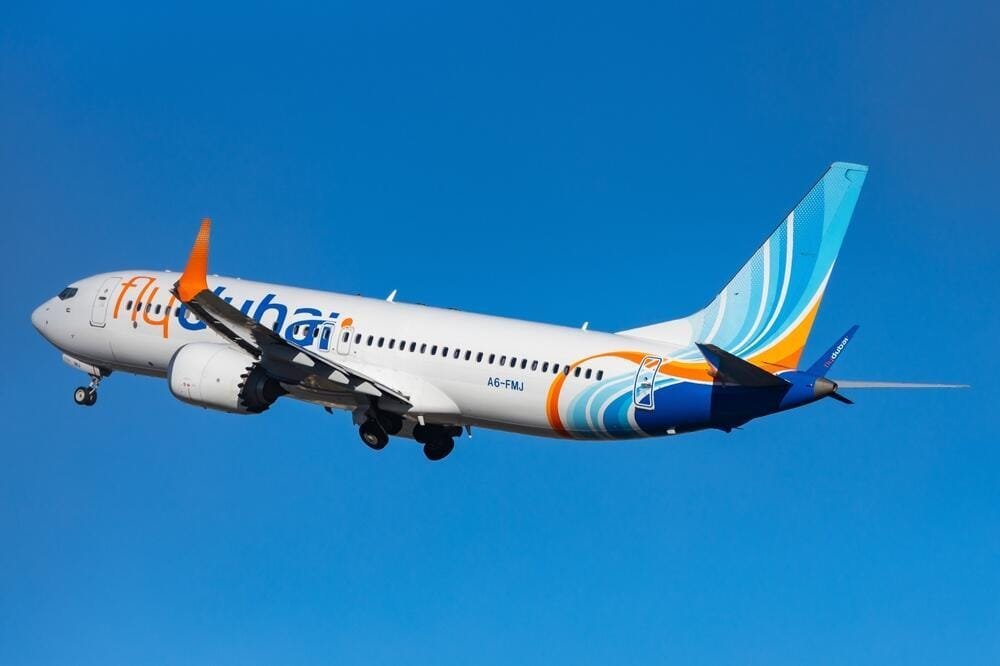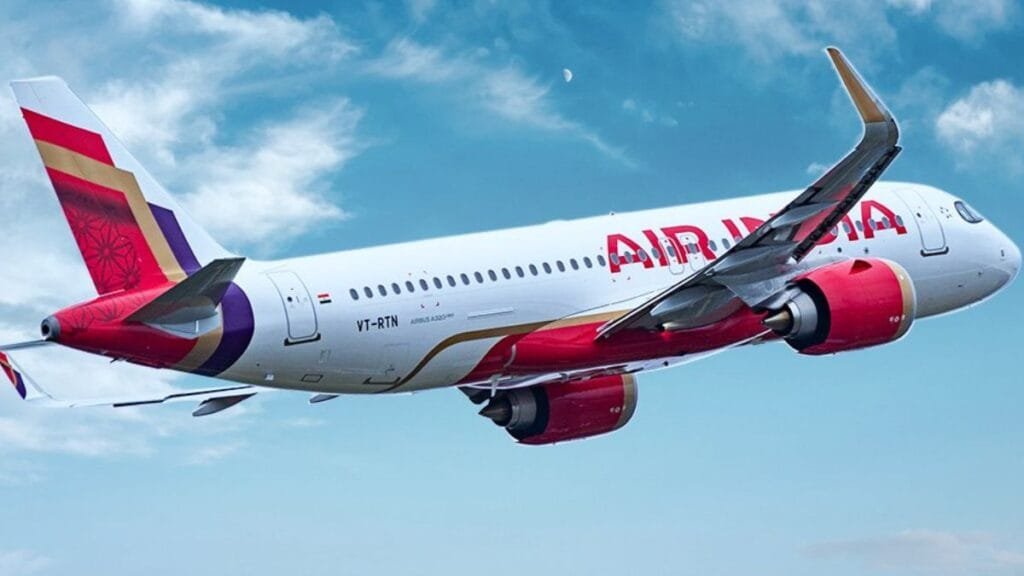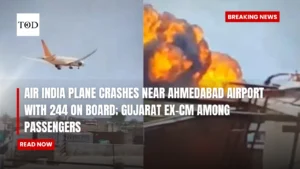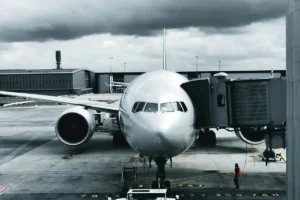April 25, 2025 | Dubai, UAE- The air travel between India and Dubai, UAE, has been delayed and rerouted for thousands of travelers due to the last-minute announcement of the closure of its airspace for Indian airlines by Pakistan. The India to Dubai flights are shifted to longer flight times or increased flying amounts, to additional costs in extravagance expenses incurred and bringing much confusion among passengers. Below is a comprehensive glance at what is now happening in this episode and what it means shaking those flying from India to Dubai, UAE.
Why Are India to Dubai Flights Delayed?
The Indian air transport has developed new, long routes for the India to Dubai flights, due to the closure of the airspace of Pakistan with Indian airlines after recent diplomatic tensions.
- Shortest Route Blocked: Normally, India to Dubai flights pass over Pakistan, which is the quickest path.
- Longer Detours: Airlines now have to fly south over the Arabian Sea or through other Indian states, adding up to two hours to some journeys.
- Higher Costs: All those additional routings will mean an increased fuel requirement. They would carry with them greater operational costs and most probably be charging a higher fare for the same service.
- Flight Cancellations: All those flights between India and Dubai have been operated to other airports like Muscat or Ras Al Khaimah as a diversion.
- Affected Airlines: Most of the Indian airlines impacted by the event are Air India, IndiGo, and SpiceJet.

Most passengers are either stranded or have been disappointed by delays. Airlines are also facing a considerable challenge in revising their schedule and informing customers of change
Read More: Super Rich Spark Record-Breaking Surge in Middle East Luxury Real Estate
How Are Airlines and Passengers Coping?
Airlines have a long list of actions aimed at mitigating the effects of India to Dubai flights disruptions. Their advisories indicated that some international flights would be affected since they will reroute en route due to airspace closure.
They have apologized for the inconvenience caused but have reiterated that safety is their priority; they also advised travelers to check their latest flight status as well as flexible rebooking options and refunds in cases where flights are affected.
SpiceJet announced that their North India to Dubai flights will use alternate routing from now on and carry additional fuel for the longer flying time. The airline, however, insisted on no significant impact on the whole schedule. In fact, an even new player, Akasa Air, has preemptively already adjusted the flight plan of its operations passing over Pakistan, saying it experiences little disruption to its operations.

Passengers are experiencing delays, cancellations, and increased ticket prices travelling from India to Dubai flights. Airfares are expected to rise, very soon, by eight to twelve percent, maybe more, if the situation stays long. Passengers were advised to check their flight status before going to the airport and to consider rescheduling their trips with not very important considerations until the period during which operations stabilize. Airlines are currently working on keeping the affected customers updated, providing alternative options, and offering helpline numbers.
What’s the Broader Impact?
The effects of Pakistan’s airspace closure stretch far beyond India to Dubai flights. All westbound international flights out of northern India, including those destined to Europe and North America, need to take longer routes, ultimately increasing fuel consumption as well as operational costs for airlines during this closure. Such a similar closure had already cost Indian airlines ₹540 crores in only five months in 2019. This time, experts are estimating that fares for the Middle East would rise by 30% and much higher on routes to Europe and North America.

These airlines, Emirates, Etihad, and Qatar Airways, are indirectly affected by the closure since it will still cause delays because their air corridors would be clogged, and facing longer turnaround times in the Indian airports will not make it easier.
What Should Travelers Do Now?
For those who have booked India to Dubai flights, the following actions must be done:
- Keep a constant watch on your flight with your online booking or application before heading to the airport.
- If your flight is delayed or canceled, they will reroute you to another flight or advise you on the procedure of getting your refund.
- An Indian embassy advisory in the UAE mentions not to travel for anything less than extreme emergency until things are back to normal before undertaking any journeys toward resuming travel.
- Keep everyone posted about changes in schedules using your airline communication and do what they have to say about the travel plan changes.
- Use airline helpline numbers or numbers from the Indian embassy in case of emergency stratification and for urgent help.

| Factor | Before Airspace Closure | After Airspace Closure |
| Average Flight Time | 3.5 – 4 hours | 4.5 – 6 hours |
| Typical Route | Over Pakistan | Over Arabian Sea/South India |
| Ticket Price Trend | Stable | 8 – 12% increase expected |
| Fuel Consumption | Standard | Significantly higher |
| Cancellations | Rare | Several flights canceled |
| Passenger Load | Normal | May be reduced (payload limit) |
Basically, it implies that there are large-scale delays and disruptions to India to Dubai flights due to the closure of Pakistan’s airspace. The best that airlines and passengers can do now is suffer through it, as fares are predicted to climb even more and travel times will inevitably be longer for the foreseeable future. Stay updated, flexible and prepared for change as the situation develops.
Read More:














